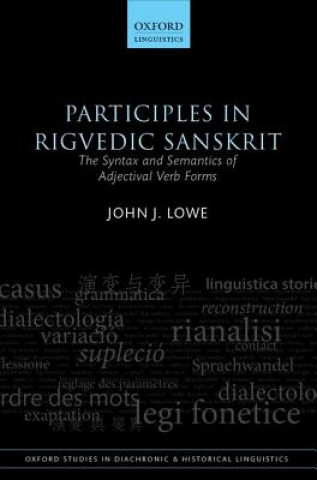
Kód: 05188270
Participles in Rigvedic Sanskrit
Autor John J. Lowe
This book examines several thousand examples of tense-aspect stem participles in the Rigveda, and the passages in which they appear, in terms of both their syntax and semantics. The Rigveda is an ancient collection of sacred India ... celý popis
- Jazyk:
 Angličtina
Angličtina - Vazba: Pevná
- Počet stran: 434
Nakladatelství: Oxford University Press, 2015
- Více informací o knize

5170 Kč
Dostupnost:
50 % šance Máme informaci, že by titul mohl být dostupný. Na základě vaší objednávky se ho pokusíme do 6 týdnů zajistit.
Máme informaci, že by titul mohl být dostupný. Na základě vaší objednávky se ho pokusíme do 6 týdnů zajistit.Prohledáme celý svět
Mohlo by se vám také líbit
-
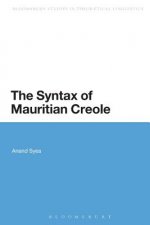
Syntax of Mauritian Creole
7550 Kč -
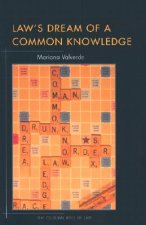
Law's Dream of a Common Knowledge
2922 Kč -
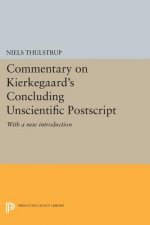
Commentary on Kierkegaard's Concluding Unscientific Postscript
2135 Kč -

Pulsed Electric Fields in Food Processing
9199 Kč -
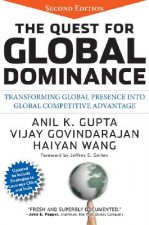
Quest for Global Dominance
812 Kč -
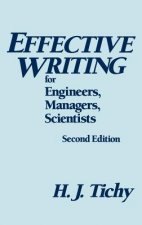
Effective Writing for Engineers, Managers, Scientists 2e
7107 Kč -
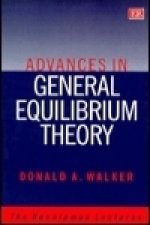
Advances in General Equilibrium Theory
2843 Kč
Dárkový poukaz: Radost zaručena
- Darujte poukaz v libovolné hodnotě a my se postaráme o zbytek.
- Poukaz se vztahuje na celou naši nabídku.
- Elektronický poukaz vytisknete z e-mailu a můžete ihned darovat.
- Platnost poukazu je 12 měsíců od data vystavení.
Informovat o naskladnění knihy
Zadejte do formuláře e-mailovou adresu a jakmile knihu naskladníme, zašleme vám o tom zprávu. Pohlídáme vše za vás.
Více informací o knize Participles in Rigvedic Sanskrit
Nákupem získáte 517 bodů
 Anotace knihy
Anotace knihy
This book examines several thousand examples of tense-aspect stem participles in the Rigveda, and the passages in which they appear, in terms of both their syntax and semantics. The Rigveda is an ancient collection of sacred Indian hymns, written in Vedic Sanskrit, and is one of the oldest extant texts in any Indo-European language. It is also a poetic text in which deliberate obscurity is the governing aesthetic and in which the rules of language are pushed to their limits in order to produce the ideal poetic expression. Many Vedic sentences are of controversial, disputed meaning, and Vedic scholarship is thus fraught with controversy. John J. Lowe applies formal linguistic analysis to the data and produces a comprehensive formal model of how participles are used. The author uses his findings to recategorize the data, by defining certain stems and stem-types as outside the synchronic category of participle on the basis of their syntactic and semantic properties. He suggests alternative sources for these forms and considers the linguistic processes that transformed old participles into non-participial entities. In his conclusion he reassesses the category of participles within the verbal and nominal systems, looks at their prehistory in Proto-Indo-European, and describes their universal, typological characteristics. Among his conclusions are that tense-aspect-stem participles have the technical properties of adjectival verbs, not verbal adjectives, and that such participles are not fully dependent on corresponding finite verbal forms. That is, a perfect participle, for example, need not share all the semantic and functional features of the finite perfect forms built to the same stem. These and many other conclusions drawn either directly challenge or radically revise received opinion and recent work.
 Parametry knihy
Parametry knihy
Zařazení knihy Knihy v angličtině Language linguistics Semantics, discourse analysis, etc
5170 Kč
- Plný název: Participles in Rigvedic Sanskrit
- Autor: John J. Lowe
- Jazyk:
 Angličtina
Angličtina - Vazba: Pevná
- Počet stran: 434
- EAN: 9780198701361
- ISBN: 0198701365
- ID: 05188270
- Nakladatelství: Oxford University Press
- Hmotnost: 782 g
- Rozměry: 167 × 242 × 34 mm
- Datum vydání: 23. April 2015
Oblíbené z jiného soudku
-
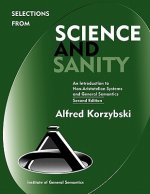
Selections from Science and Sanity
359 Kč -
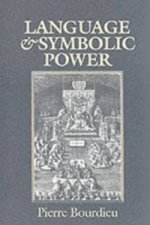
Language and Symbolic Power
620 Kč -
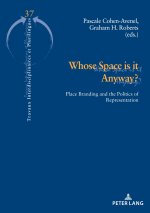
Whose Space is it Anyway?
1644 Kč -

Winning Arguments
385 Kč -

Comic Toolbox
443 Kč -
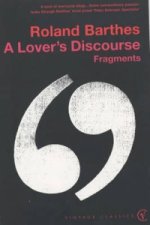
Lover's Discourse
276 Kč -

Lew Hunter's Screenwriting 434
475 Kč -

Mythologies
276 Kč -
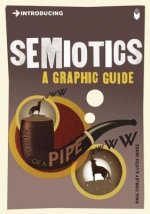
Introducing Semiotics
249 Kč -
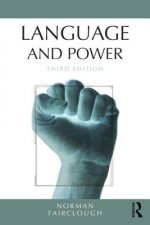
Language and Power
1682 Kč -

Word and Object (Studies in Communication)
545 Kč -
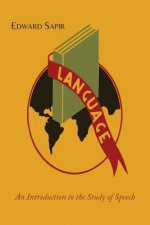
Language
344 Kč -
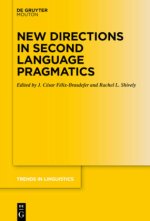
New Directions in Second Language Pragmatics
568 Kč -
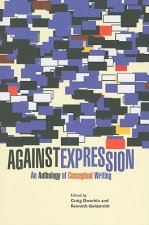
Against Expression
1462 Kč -
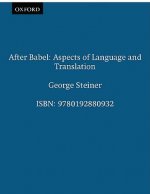
After Babel
410 Kč -
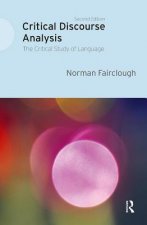
Critical Discourse Analysis
1864 Kč -
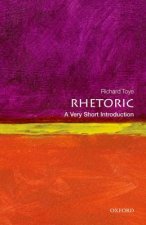
Rhetoric: A Very Short Introduction
249 Kč -
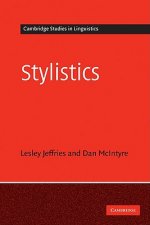
Stylistics
1123 Kč -

Three Steps on the Ladder of Writing
808 Kč -
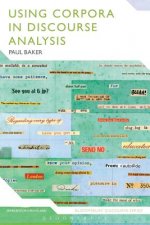
Using Corpora in Discourse Analysis
1770 Kč -

Six Walks in the Fictional Woods
845 Kč -
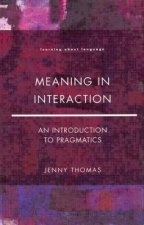
Meaning in Interaction
1705 Kč -
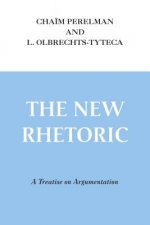
New Rhetoric, The
1057 Kč -

Think Again
303 Kč -
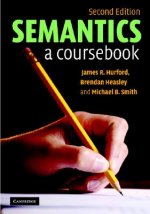
Semantics
1022 Kč -
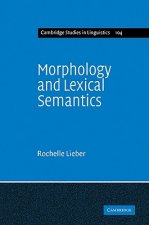
Morphology and Lexical Semantics
1097 Kč -
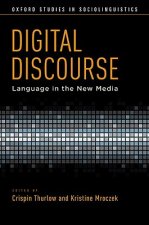
Digital Discourse
1929 Kč -

How to do Discourse Analysis
1404 Kč -

Functional Discourse Grammar for English
1614 Kč -
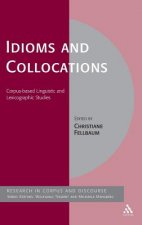
Idioms and Collocations
7223 Kč -
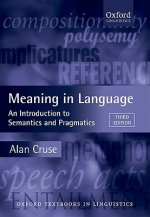
Meaning in Language
1481 Kč -
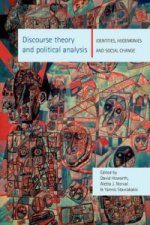
Discourse Theory and Political Analysis
691 Kč -
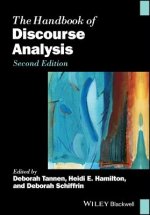
Handbook of Discourse Analysis 2e
2006 Kč -
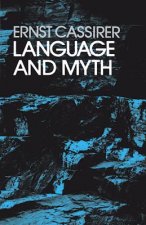
Language and Myth
194 Kč -

Language in Thought and Action
374 Kč -
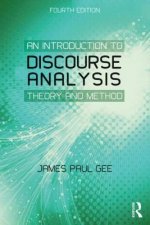
Introduction to Discourse Analysis
1578 Kč -
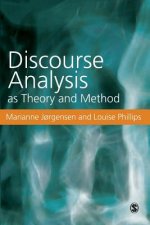
Discourse Analysis as Theory and Method
2634 Kč -

How to Do Critical Discourse Analysis
2003 Kč -

How to Analyse Texts
1335 Kč -
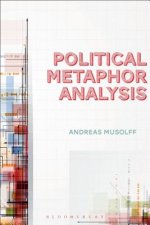
Political Metaphor Analysis
1579 Kč -

Immediate Fiction
545 Kč -
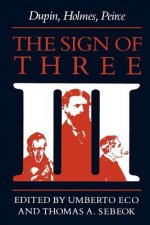
Sign of Three
736 Kč -
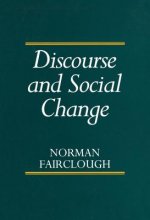
Discourse and Social Change
995 Kč -

How to Read a Poem
455 Kč -
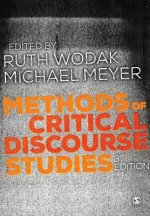
Methods of Critical Discourse Studies
1390 Kč -
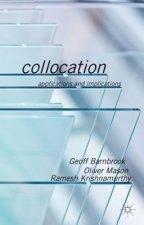
Collocation
1681 Kč -
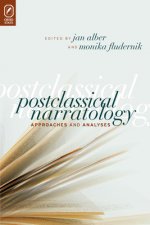
Postclassical Narratology
1350 Kč -
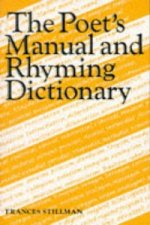
Poet's Manual and Rhyming Dictionary
371 Kč -
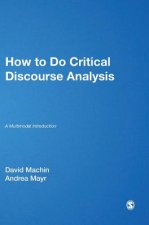
How to Do Critical Discourse Analysis
2629 Kč
Osobní odběr Praha, Brno a 12903 dalších
Copyright ©2008-24 nejlevnejsi-knihy.cz Všechna práva vyhrazenaSoukromíCookies


 Vrácení do měsíce
Vrácení do měsíce 571 999 099 (8-15.30h)
571 999 099 (8-15.30h)